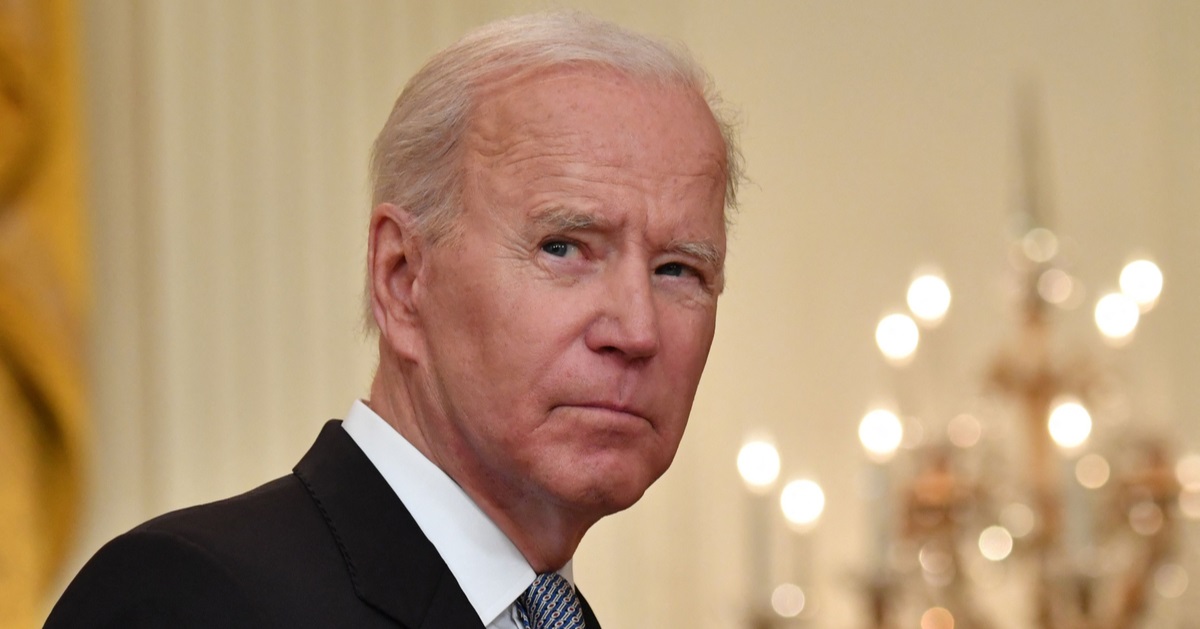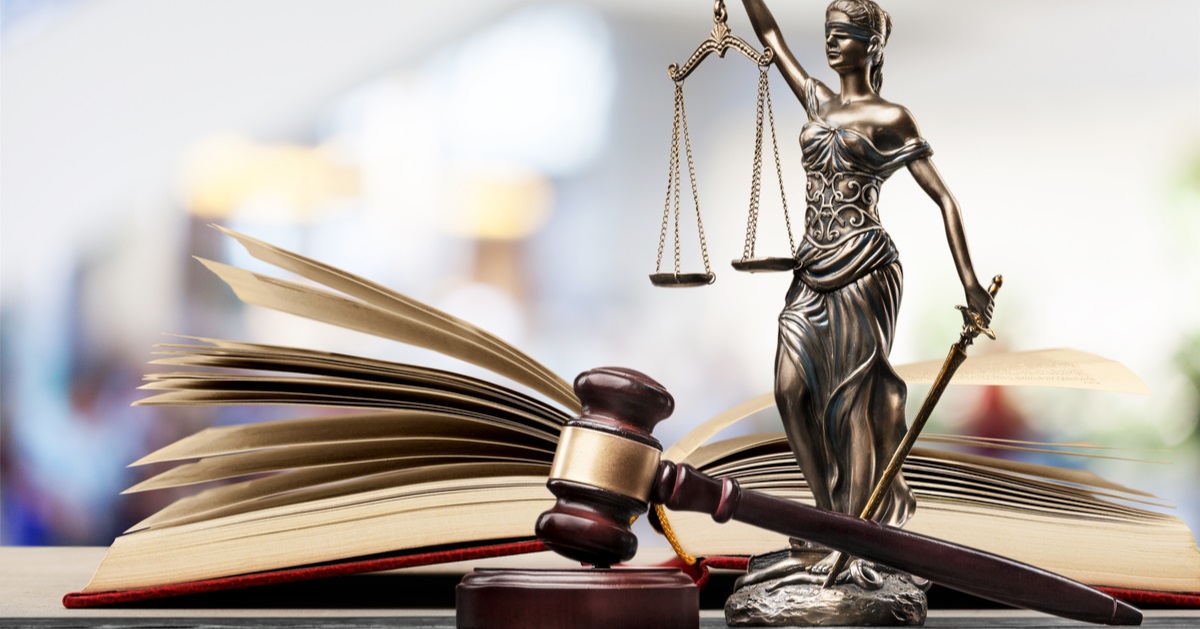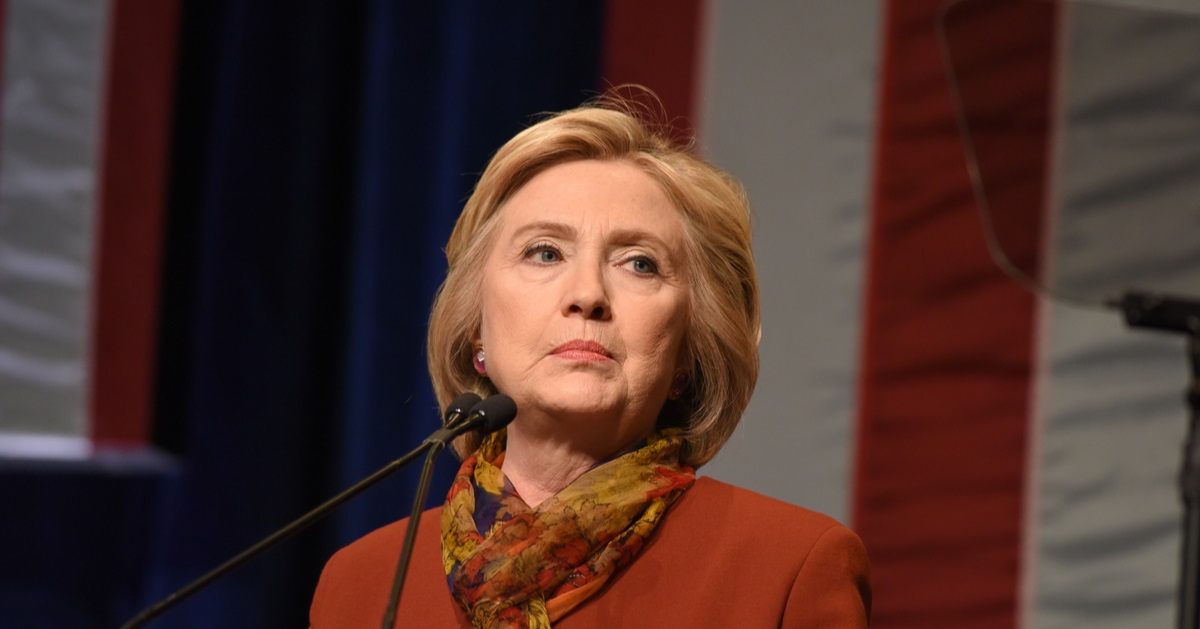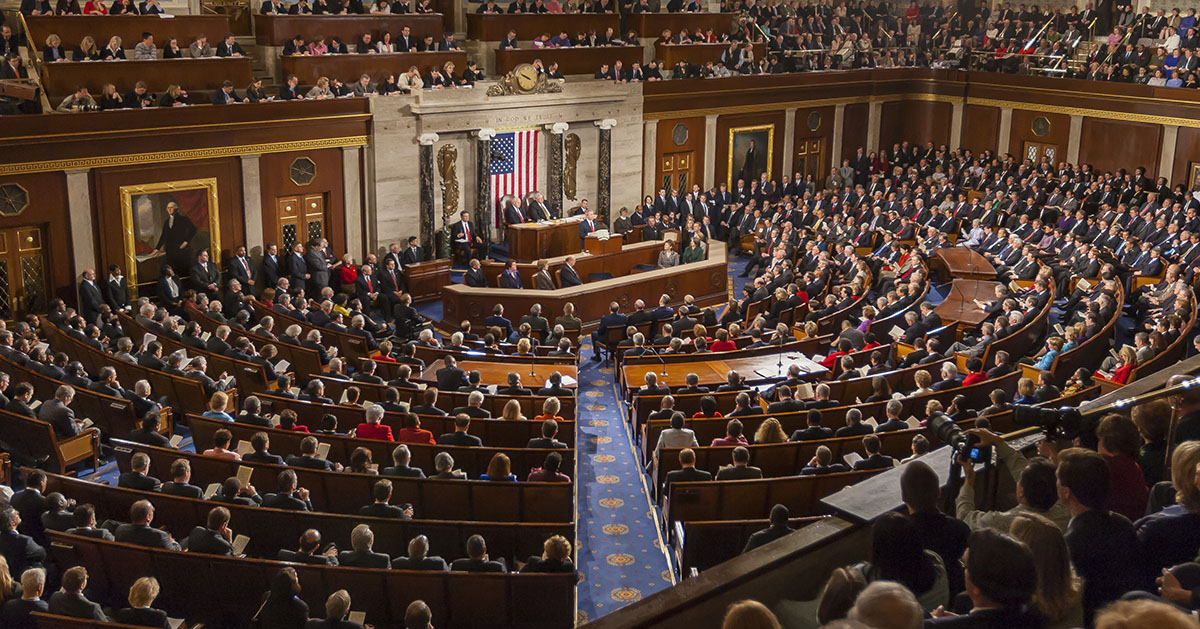Supreme Court denies review of Perdue campus sexual assault ruling
Prior to her appointment to the U.S. Supreme Court, Justice Amy Coney Barrett sat on the Seventh Circuit Court of Appeals.
During her time on the appeals court, she was one of three judges on a panel to rule in one of the most influential campus sexual assault cases -- a case in which Barrett and the other judges sided with the student who said he was unfairly targeted in the investigation.
Acccording to Newsweek, it appears that Barrett's previous decision with the appeals court panel will stand, as the high court refused to take the case.
The case is called John Doe v. Purdue.
What happened?
The case dominated headlines at the time, and involved an anonymous student who sued the school over the sexual assault allegations, which he said were untrue.
Newsweek noted:
...A lawsuit in which an anonymous student sued the school for unfairly finding him guilty of sexual assault and suspending him for a year, a punishment that cost him his spot in the Navy ROTC program.
Barrett and her appeals court panel sided with the student, and found that the school not only violated his right to due process, but also engaged in gender discrimination under Title IX.
JUST IN: Justice Barrett recuses as #SCOTUS denies review in former student's Title IX suit against Purdue Univ over handling of sex assault claims against him. Earlier Barrett opinion while on CA7 drew controversy during her #SCOTUS nomination (1/2)
— Josh Gerstein (@joshgerstein) April 1, 2024
Barrett and her colleagues wrote at the time that it was "plausible" that the university's investigation panel "chose to believe Jane [Doe] because she is a woman and to disbelieve John because he is a man."
On Monday, the Supreme Court wrote that "Justice Barrett took no part in the consideration or decision of this petition," to deny the case from moving forward in the high court.
Why didn't they take it?
Experts, like Alex Badas, a judicial politics expert from the University of Houston, explained that because the high court denied taking the case, Barrett's previous ruling "will remain in place and act as the final decision on the matter."
Badas also noted that the rejection of the case doesn't mean the full high court bench agrees, noting that there are other decisions factored in.
"There are a lot of different factors that go into certiorari decisions that may lead the Court to deny a case that they actually disagree with the outcome," he said, adding that some of those factors weighed include that such a case simply might not be important enough to consider at this time.
Only time will tell if the case makes its way back to the high court for later review.






